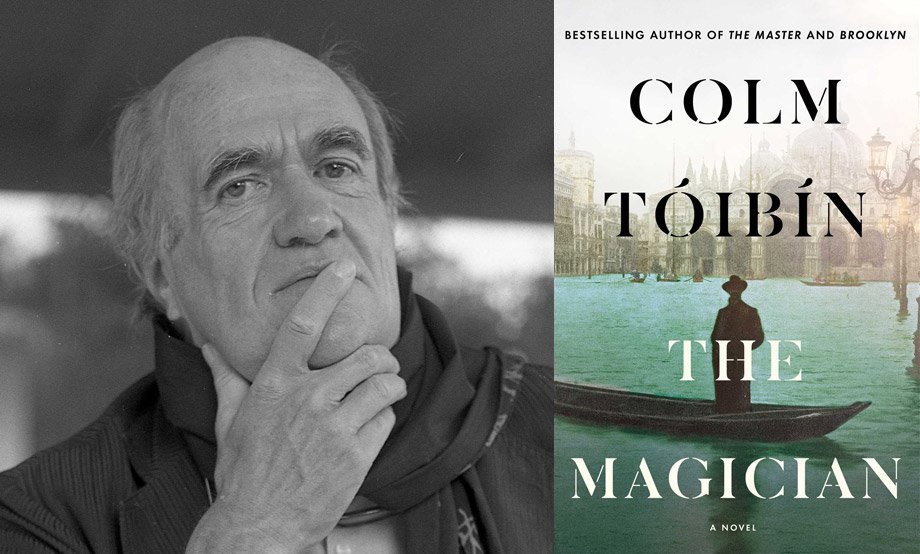
The Irish writer Colm Tóibín is one of the contemporary masters of silence, exile, and cunning. While outwardly a realist in the complicated tradition of Flaubert and middle-period James—novelists who thought very hard about the trace the author leaves in his or her fictions; who bent events around a central consciousness—Tóibín’s work is harder to grasp than it might seem.
You have reached your article limit
Sign up for a digital subscription and continue reading all new issues, plus our entire archives, for just $1.50/month.
Already a subscriber? Sign in




